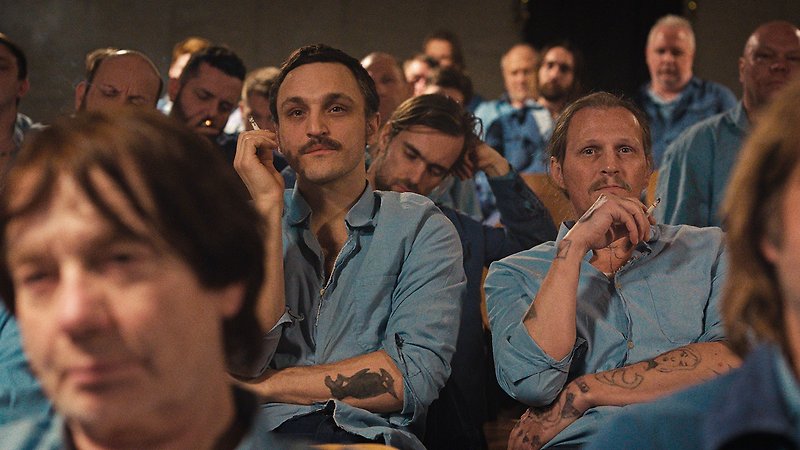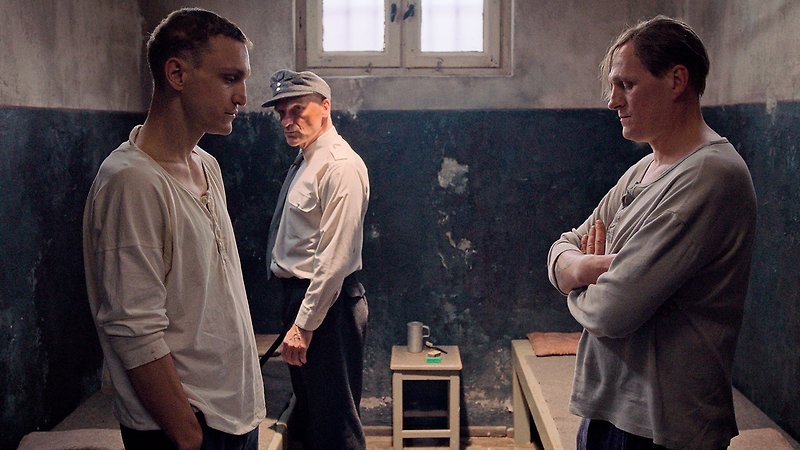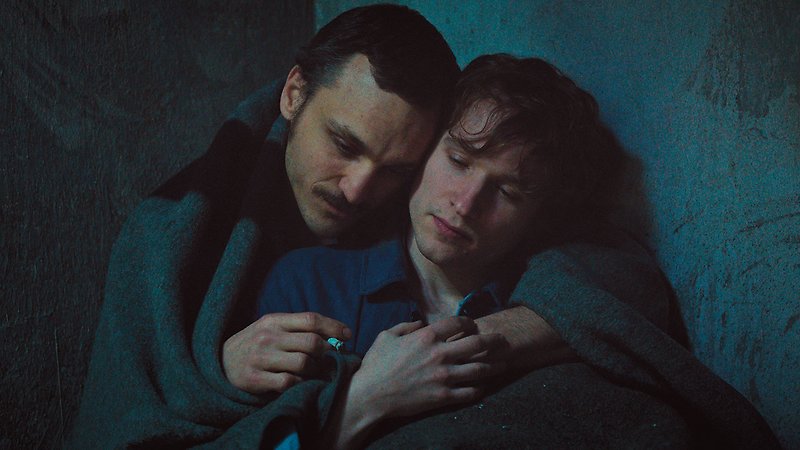In post-war Germany, Hans is repeatedly convicted for being gay. Over his many stints in prison, he develops a tumultuous friendship with Viktor. A moving film about the forces that conspire to destroy one man’s freedom.



…Meise’s film is an exquisite marriage of personal, political and sensual storytelling, its narrative and temporal drift tightened by another performance of quietly piercing vulnerability from Franz Rogowski.
Screened as part of NZIFF 2021
Great Freedom 2021
Die Grosse Freiheit
More than 100,000 men were arrested by Nazis under Paragraph 175, a provision that made homosexual acts between men a crime. Unsurprisingly, many of those sent to concentrations camps didn’t survive, and those who did were often sent straight to prison to finish their sentences.
Hans is one such prisoner, literally scarred by his time in a camp and now forced to bunk with convicted murderer Viktor, who is disgusted to learn that his new cellmate is a ‘175er’. However, Viktor’s homophobic repulsion soon gives way to sympathy when he realises what Hans has endured at the hands of the Nazis.
Hans’ multiple incarcerations are depicted over two decades, emphasising the glacial pace of social change in a country still reckoning with the fallout of war. While he waits for a life free from the threat of persecution, Hans sorts through the wreckage of his past. His world is thrown into turmoil once more when a hook-up from the outside world winds up in the same prison. A terrific Franz Rogowski deftly portrays Hans at varying stages of accepting his fate, for how do you hold on to the idea of freedom when so much has been taken from you?
Great Freedom doesn’t moralise about the injustices that led to thousands of men being repeatedly punished for being who they are. Instead, it focuses on an unlikely love story between Hans and Viktor, whose friendship becomes an ode to the power of resilience in the face of systemic adversity and trauma. — Chris Tse